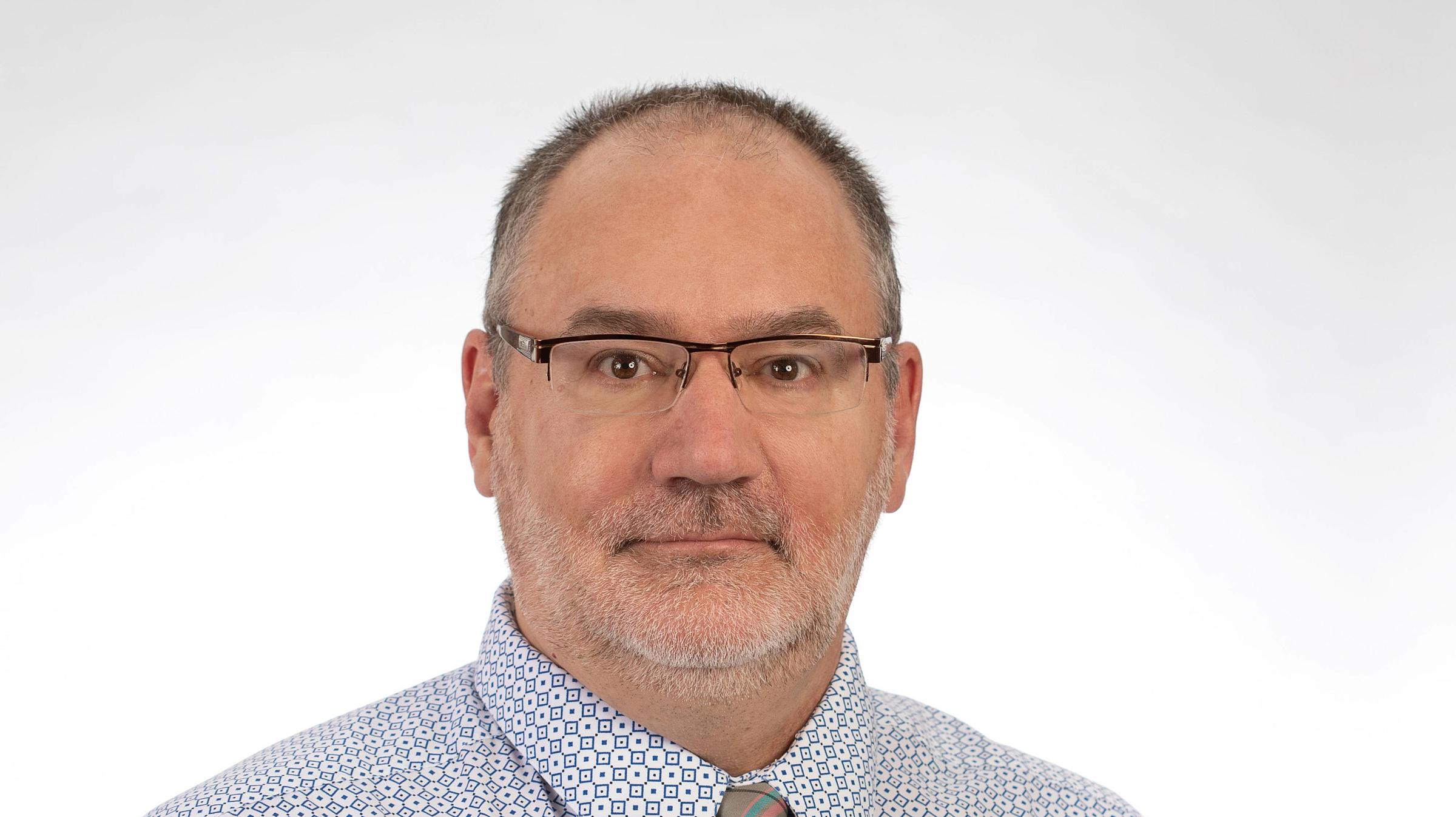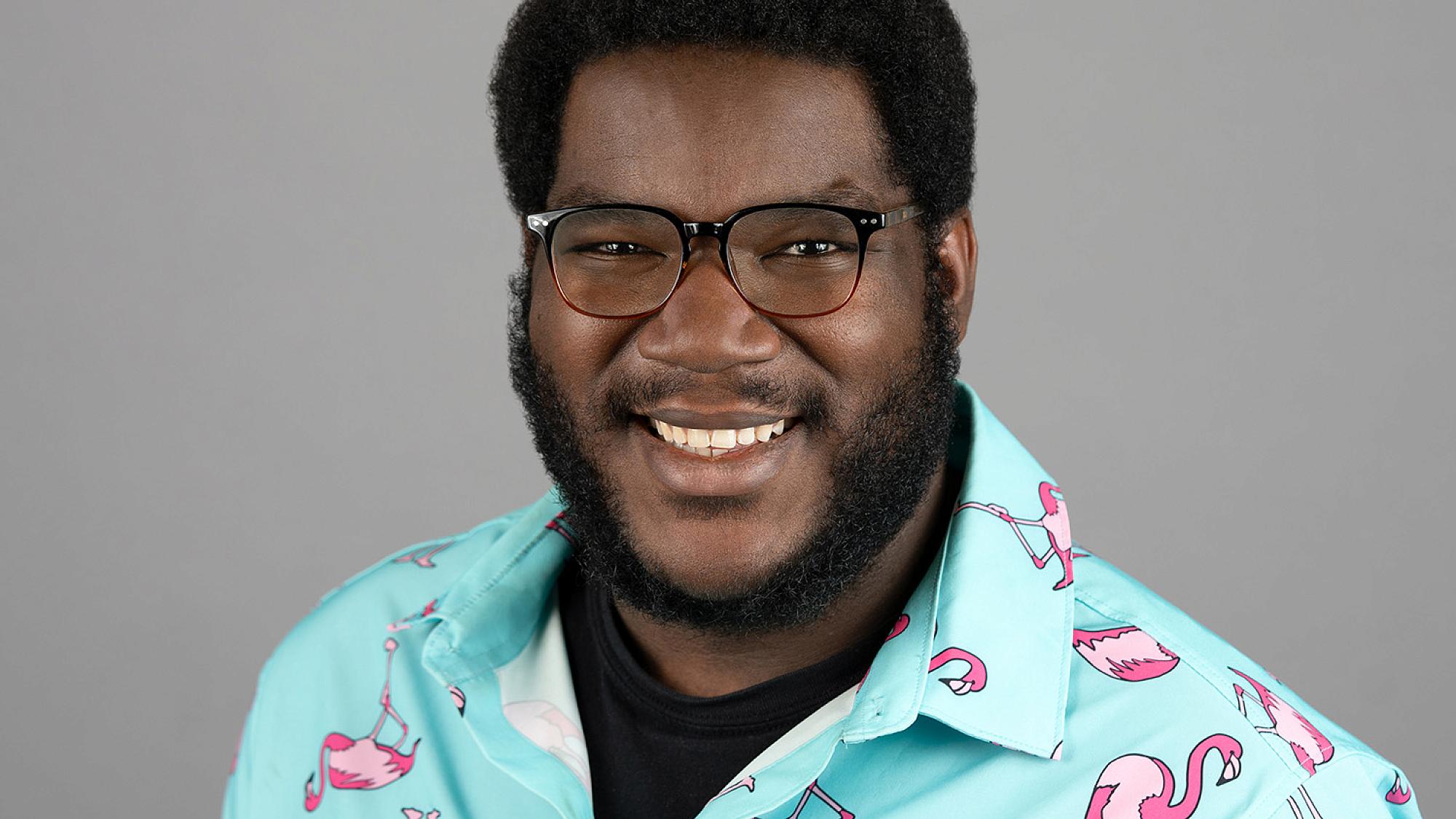
Lung Transplant Evaluation
For more information, email lungtransplant@hsc.utah.edu.

Lung Transplant Evaluation
For more information, email lungtransplant@hsc.utah.edu.
What to Expect at Your First Appointment
If you have advanced lung disease, your pulmonologist may recommend a lung transplant if managing your lung disease is particularly difficult. After receiving a referral from your pulmonologist, our staff will reach to you to schedule the initial appointment with one of our transplant pulmonologists
At this appointment, the transplant pulmonologist will review your health history and past results, ask questions, and later share information about you with the transplant team. If the team feels that a lung transplant may be an option for you, we will proceed with the evaluation.
Expert Care From Our Team
Meeting the Lung Transplant Team
During the pre-transplant evaluation, you will meet many of our team members including our:
- Lung transplant pulmonologists
- Lung transplant surgeons
- Lung transplant nurse coordinator—This will be your main point of contact throughout the entire process.
- Transplant social worker—Social workers provide personal support to you and your family throughout the transplantation process. They will also identify people to give you support regarding lifestyle changes that can help you be as healthy as possible going into transplant surgery.
- Transplant financial coordinator—Financial coordinators help you understand the expenses related to transplant, discuss your insurance options and what your estimated payments may be related to care pre and post transplant. They also work with your insurance to help with prior authorizations needed related to transplant.
- Transplant registered dietitian—A registered dietician will assess your diet and eating habits. They will also teach you about nutrition and help you create a nutritional plan that will work for your nutritional needs.
- Transplant pharmacist—The transplant pharmacist will make sure you have the right medications and can answer any questions you have.
- Pulmonary rehab therapists—These therapists supervise an exercise program designed for lung transplant patients pre- and post- transplant to help improve your health and quality of life.
The Importance of Caregivers
Your friends and family are important members of your lung transplant team, too. Having at least two people involved in your care before and after surgery is vital to the success of your transplant. That’s why we ask that at least one caregiver comes with you to your lung transplant appointments. We will help caregivers learn:
- how to help you manage your medications,
- know when to call the transplant team for help, and
- how to advocate for your needs.
We’ll also connect you to people who have had a lung transplant at U of U Health. These individuals can answer your questions and help you know what to expect from your lung transplant.
Lung Transplant Patient Care Staff

Aleena Lamont, BSN, RN
Lung Transplant Coordinator

Deedre Boekweg, MSN, RN
Lung Transplant Coordinator

Scotti Miller, BSN, RN
Lung Transplant Coordinator

Tauni Maughan, BSN, RN
Lung Transplant Coordinator

Tyrell Braegger, BSN, RN
Lung Transplant Coordinator

Keith Perry, MSW
Outreach

Michael Schneider
Specialist

Kyle Goudie, LCSW
Our Lung Transplant Providers
Lung Transplant Evaluation
The pre-transplant evaluation helps our care team:
- get a clear picture of your overall health,
- decide if a lung transplant is right for you,
- make sure you are physically able to undergo a transplant,
- identify and treat any potential problems before the transplant and avoid potential complications after the transplant.
The evaluation includes a complete physical, meetings with members of the lung transplant team, and a series of tests. Your evaluation may take several days to weeks or more. Some of these tests may take place at different facilities, depending on where you live and what your insurance company prefers.
The evaluation includes these tests and procedures:
- labs
- X-rays
- ultrasound imaging
- chest computed tomography imaging
- heart tests, such as right and left heart catheterization, echocardiography, and electrocardiogram
- pulmonary function tests
- gastrointestinal tests, such as a colonoscopy, PH manometry, esophogram, gastric emptying study
- bone density tests
Lung Transplant Waiting List
When all of your test results are available and other appointments have taken place, members of our transplant team will have a selection meeting to review your results.
People are placed on the lung transplant waiting list if:
- the team agrees that a transplant is medically safe and appropriate for the patient’s specific case and
- the patient’s insurance company and the hospital’s financial department have provided authorization.
After the team reaches a decision, you will be contacted to meet with one of the doctors and a transplant coordinator to discuss the next steps.
Average Wait Time for Lung Transplant
If you are accepted as a lung transplant candidate, your name will be placed on the United Network for Organ Sharing (UNOS) waiting list at University of Utah Health. This national organization manages the nation’s organ transplant system under contract with the federal government.
It isn’t possible to predict how long you will wait for your transplant surgery. Factors include:
- the severity of your illness,
- your blood type,
- antibodies in your blood,
- your body size, and
- the number of donors available.
If you have questions regarding your waiting time once you are listed, please talk to your transplant coordinator.
UNOS works to:
- help match organs (from donors) with those who need them (recipients).
- collect, manage, and report data about results (outcomes). More information about outcomes can be found at the Scientific Registry of Transplant Recipients.
- increase awareness about organ donation.
Continuous Allocation Score
As a lung transplant candidate, you will receive a continuous allocation score (CAS), which is a number from 0 to 100. This score reflects the seriousness of your condition. Candidates with higher scores may receive a higher priority for transplant. Your score can change depending on your condition.
While You Wait for Your Lung Transplant
If you are placed on the lung transplant waiting list and live outside the Salt Lake City area, you must relocate to within a four-hour drive of the University of Utah Hospital. This will allow our team to manage your care while you are waiting for your lung transplant. It will also enable you to get to the hospital quickly if you are matched with a donor organ and need transplant surgery.
The lung transplant team will monitor your health while you are on the waiting list. You will:
- return to the hospital at least monthly for check-ups and testing.
- participate in our monthly pre-transplant education classes for patients and families.
- take part in pulmonary rehab to maintain your lung function and muscle mass as much as possible.
While you wait for your transplant, you will need to be available by phone at all times. If you are at home (not hospitalized) when a donor lung or lungs become available for you, a transplant coordinator will contact you right away by phone and give you instructions.
Be sure your caregiver, a family member or friend drives you to the hospital for your surgery.
Our Lung Transplant Patients
Meet Our Patients
Health Insurance
Health insurance coverage, contracts, and payment may be subject to changes beyond the control of University of Utah Health. The University of Utah Transplant Department will contact your insurance and verify that your insurance is contracted with our facility and providers.
If your insurance is not contracted, we will attempt a single-case-agreement for transplant services to be performed at the University of Utah. Ultimately the patient is responsible for payment related to all services.





